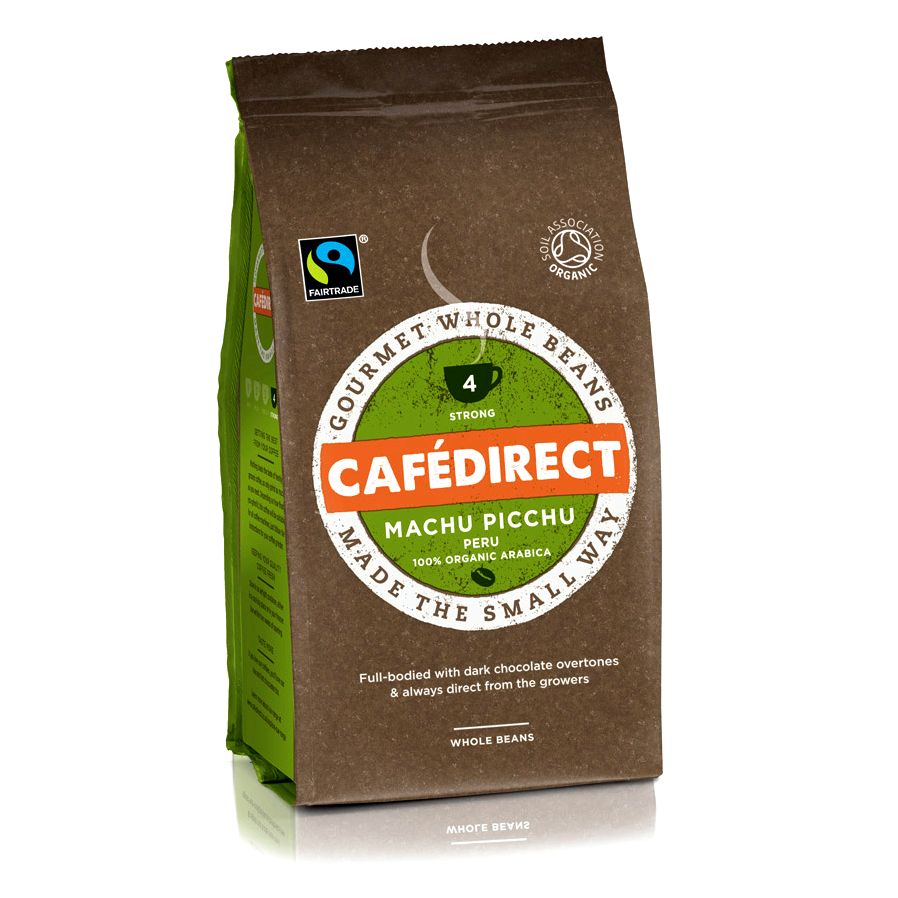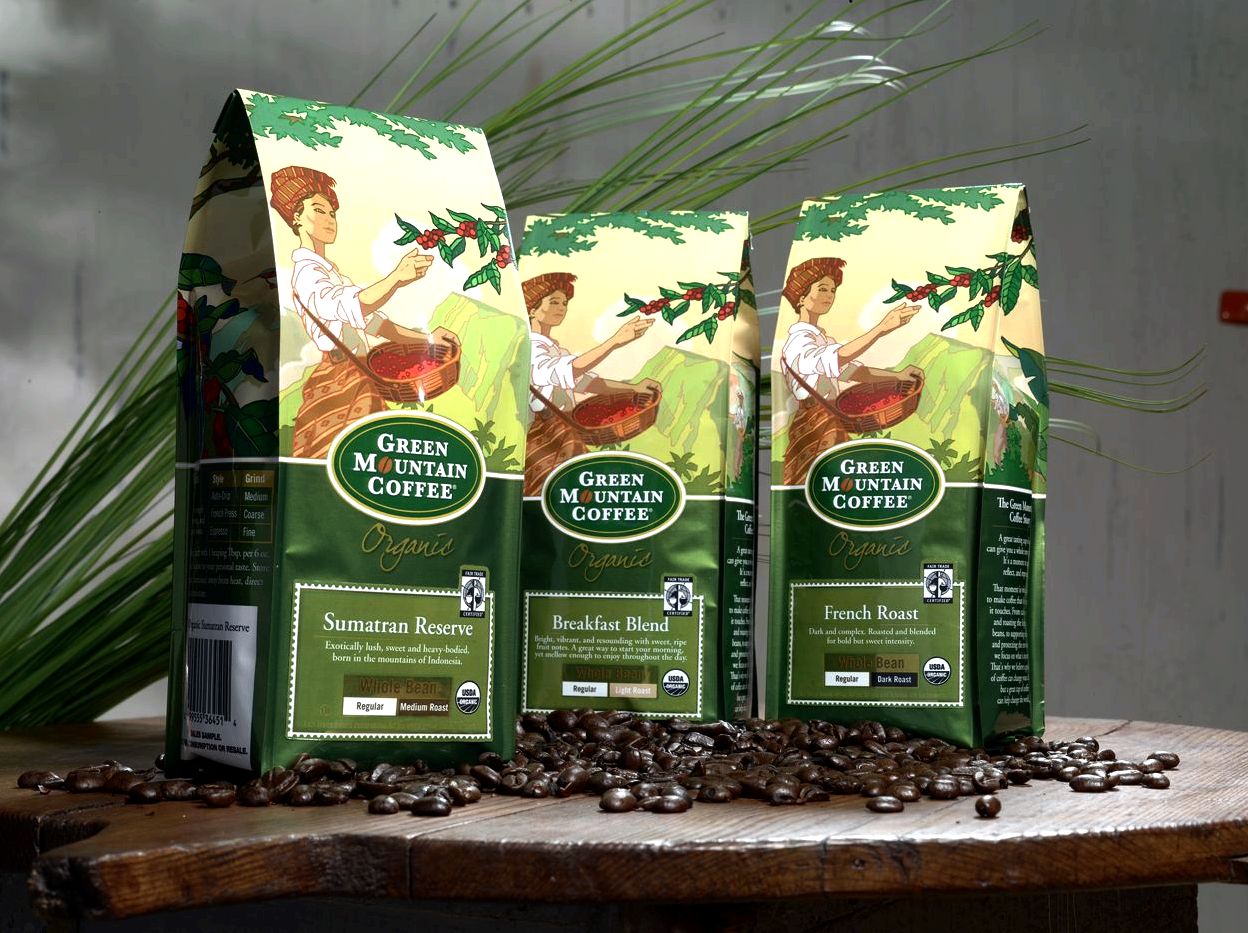
Organic coffee is grown in more than 40 countries, including Colombia, Costa Rica, Ethiopia, Guatemala, Honduras, Indonesia, Mexico, Peru, Tanzania, and the United States. Of these, the leading producers are Peru, Ethiopia, and Mexico. Organic coffee is grown using methods and materials that have a low impact on the environment. Organic production systems replenish and maintain soil fertility, reduce the use of toxic and persistent pesticides and fertilizers, and build biologically diverse agriculture.
A shade-loving, tropical forest plant, coffee is grown on fragile soils, and often on steep terrain highly susceptible to erosion. Deforestation presents one of the greatest threats to the fragile forest ecosystems where coffee is grown. Over the past forty years, Central America and Mexico have lost approximately two-thirds of their forest. And while these regions can seem far removed, they are linked to North America in vital ways. During the winter months, over 200 of our migratory bird species nest in Central America, Mexico and the Caribbean, often finding refuge in the multi-layered habitat created by organic coffee farms. Organic coffee production offers an uplifting example of how the goals of conservation and food production can co-exist side-by-side.
Organic coffee products now on the market include decaffeinated, caffeinated, flavored and instant coffees. When you buy organic coffee, you’re supporting farmers who are committed to maintaining the long-term health of our environment, and family farms and marketing cooperatives, which help to ensure economic independence in rural areas.
 Resourse: http://beannbean.com/coffee/
Resourse: http://beannbean.com/coffee/